A core concern at Talkin’ Culture is how the Arts landscape is being compromised in terms of the Equality Act through severe funding cuts. For example, unpaid placements and internships exclude who can afford to enter the pipeline by other means despite being qualified. Talkin’ Culture agrees with major reports that factors like this are an Equality Act issue. Over the course of these blogs Paula will invite emerging conservators to do the talkin’ including their suggestions for positive change to address equality and sustainability in this sector. We hope constructive comments and ideas will be shared in support of equality, sustainability and the endangered list of crafts.
Talkin’ Culture Talks to Natalie Brown, SEAHA Doctoral Student, UCL - Institute for Sustainable Heritage
Did you have an easy and obvious route into historic conservation?
I became interested in conservation at a young age. In school I enjoyed both arts and sciences but couldn’t see how they fitted together until I was 16 when I had the opportunity to visit the Northumbria University Fine Art Conservation studios. I was fascinated by their work and I saw real value in pursuing it as a career. Unfortunately, not everyone shared my enthusiasm as my family or school career advisers didn’t know much about historic conservation. I had to be very proactive and committed to pursue conservation; for me route became obvious, but I wouldn’t say it was easy.
How were your interests supported?
I wouldn’t have been able to pursue conservation without the financial support of my parents. I remember we made a compromise where if I studied Art History or Chemistry at university i.e. a more ‘traditional’ subject, they would support a post graduate degree in Art Conservation. Luckily, we both held our ends of the bargain!
I remember at the beginning I had to be very proactive in finding information on courses, the required skills, volunteer opportunities etc. as there is a lack of knowledge about conservation. Once I become more involved in the field through my Masters, working, becoming involved in ICON and my PhD I have felt very supported.
Have you had to take on unpaid work, unpaid internships or have you been expected to work for nothing to gain experience?
Yes, I have taken on five unpaid volunteer positions, three after completing my conservation course as I felt it was better to keep up my hand skills and enhance my CV through unpaid work while I was trying to find a paid position. I think volunteering can be very beneficial to those who are able to do it, as you gain experience and visibility, but it’s unreasonable that people are often expected to take on unpaid work, like it’s a ‘rite of passage’ or show of commitment to the profession. I do think this practice is slowly changing however, and in recent years there has been a move away from unpaid internships, which is great.
Is pathway information to study and work in historic conservation easy to find?
I think now information about courses is easier to find online, and in my experience course leaders or students have always been very helpful when I have asked for information. However, as conservation is a multidisciplinary field and job specifications can be so diverse it can then become difficult to prioritise skill areas that you need to strengthen as you progress.
What makes you persevere?
Following in the footsteps of researchers and practitioners I look up to. I want to be someone who pushes the profession forward and make an impact. Every time I go to lecture or conference and hear about the new and exciting research that’s being done it reignites my passion.
What are your biggest challenges as a qualified, emerging conservator?
It was definitely finding that first job. Three key elements are hindering the progression of emerging conservators; government cuts and institutional budget constraints over the years have led to reduced jobs, meaning that more experienced conservators are applying for the same jobs as newly qualified conservators and organisations will often go for the ‘safer’ option of a more established conservator rather than take a chance on a newly qualified conservator who may need to learn more on job. As a result, newly qualified conservators can find it difficult to break into the field and often have to wait for maternity cover or stepping into a dead man’s shoes.
Biggest high and low so far?
My biggest high so far was when I published my first peer reviewed paper, The Characterisation of 19th and 20th Century Chinese Paper in Heritage Science Journal.
My biggest low was when I was half way through my MA and a change in my financial situation left me struggling to pay tuition fees. When this happened, I visited a university support officer who initially advised me to drop out of the course, and apply again when I had adequate funds saved.
Do you think conservation skills are valued and understood in the mainstream?
There have been some great initiatives recently by museums to promote conservation, like the public conservation of Rembrandt’s ‘The Night Watch’ at the Rijks Museum or National Gallery’s video series on the restoration of Artemisia Gentileschi’s ‘Self Portrait’. However, I still think the general public don’t fully understand the complex nature of conservation, as most people are only exposed to cleaning or retouching of artworks. Many pioneering aspects of conservation research and impact like long-term degradation studies, material analysis and interpretation, technological advances and evidence based preventative measures are still undervalued or unknown.
To change this, I think we need to be better at self-promotion. We live in an era of short-span social engagement through social media and we as a profession need to adapt to this, get on board and use it to grab the publics’ attention. If we can raise public awareness in this way it will drive politician’s behaviour, drive policy and hopefully increase funding. I think this can directly tie into getting more young people involved in conservation, as young people who are able to navigate this new social landscape will be key to sustaining the profession.
If you summarised your risks what are your rewards?
I get to do a lot of public engagement events through the SEAHA doctoral school, which I love! Most recently we went to a primary school in London and the children became art detectives who helped us determine who ‘stole’ a painting through a series of fun experiments. I also love the multidisciplinary nature of my research; I get to work with so many interesting people like conservators, curators, art historians, scientists, policy makers, the public, even statisticians!
What are your recommendations to improve fairer conditions for new entrants into historic conservation?
I think a very simple, but effective change to make would be to offer funding to travel to job interviews as standard; people often have to travel across the country for an interview and when you don’t have a paid job this can be difficult to fund. More generally, an increase in paid internships or development programmes within larger institutions, specifically for newly qualified conservators would help people break into the field. The development of apprenticeship schemes as an alternative route into conservation is really exciting as well, and these programmes will need continued support from practicing conservators to succeed.
My huge thanks to Natalie Brown for taking part and our next blog in this first series of 6 will be next week.
www.talkinculture.com

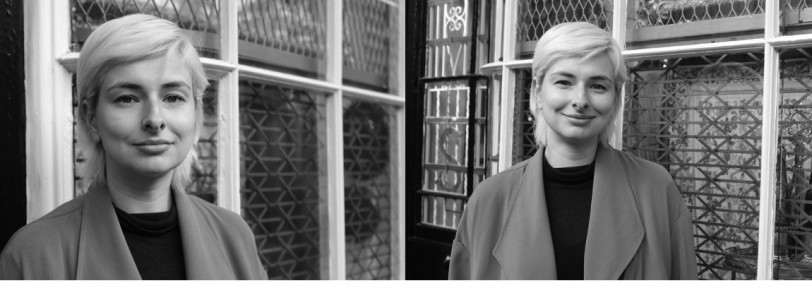
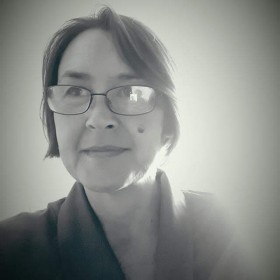
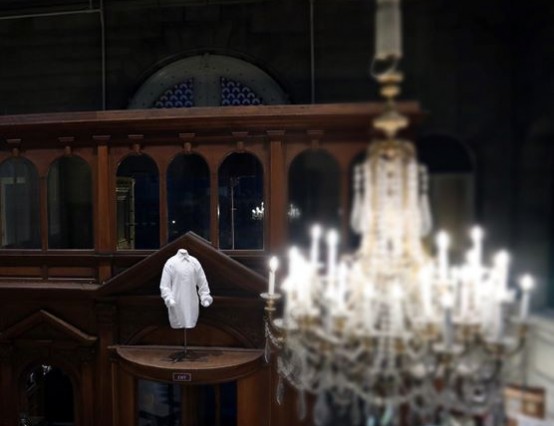
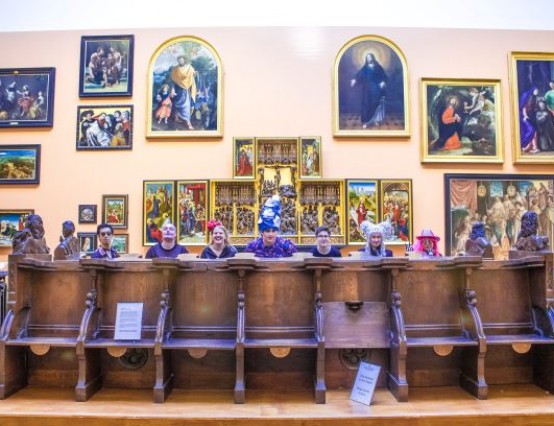



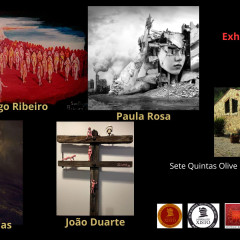
0 Comments